In which God punishes me for trying to exercise; or, Time to open new doors
Dear photo requesters,
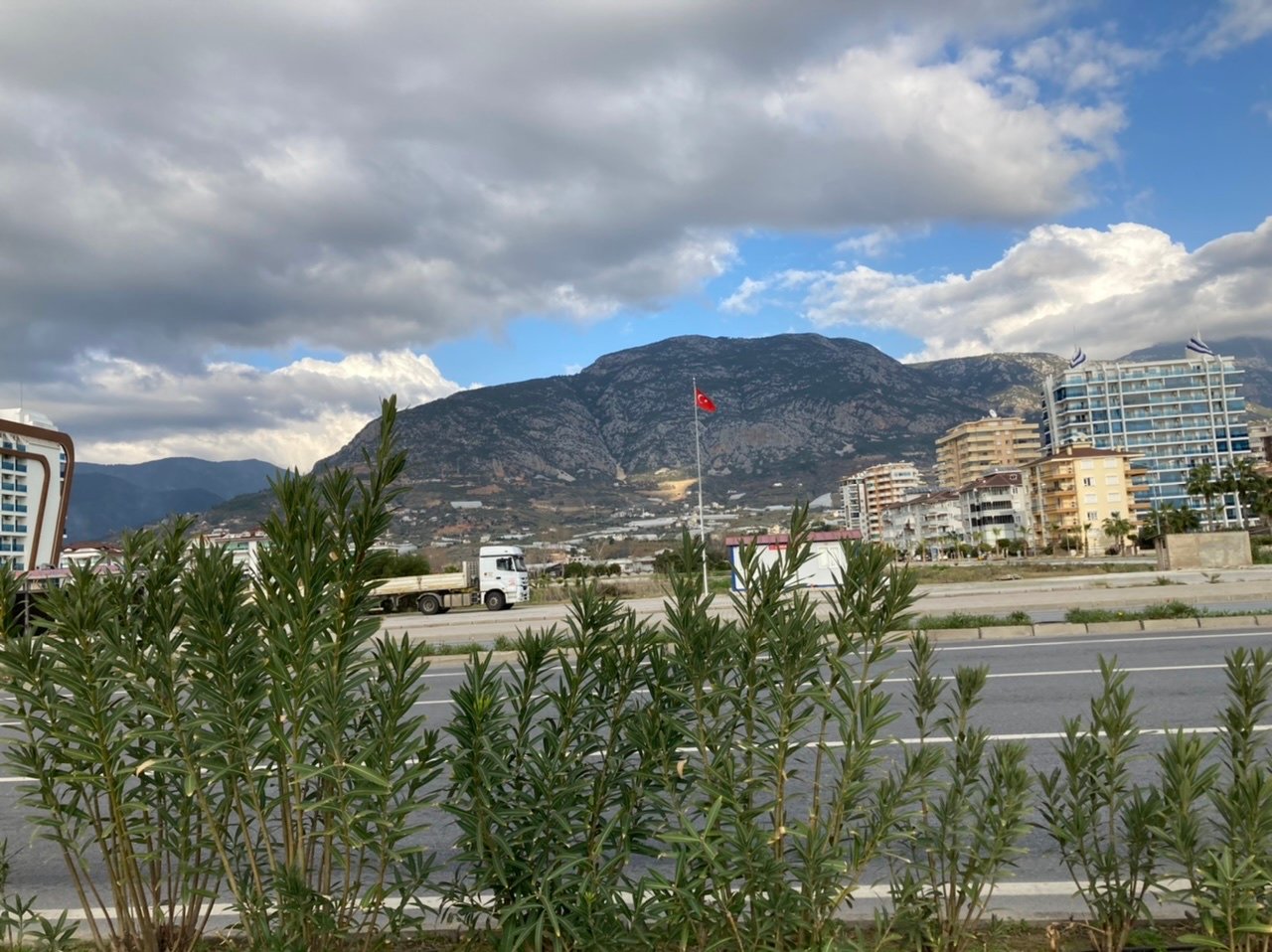
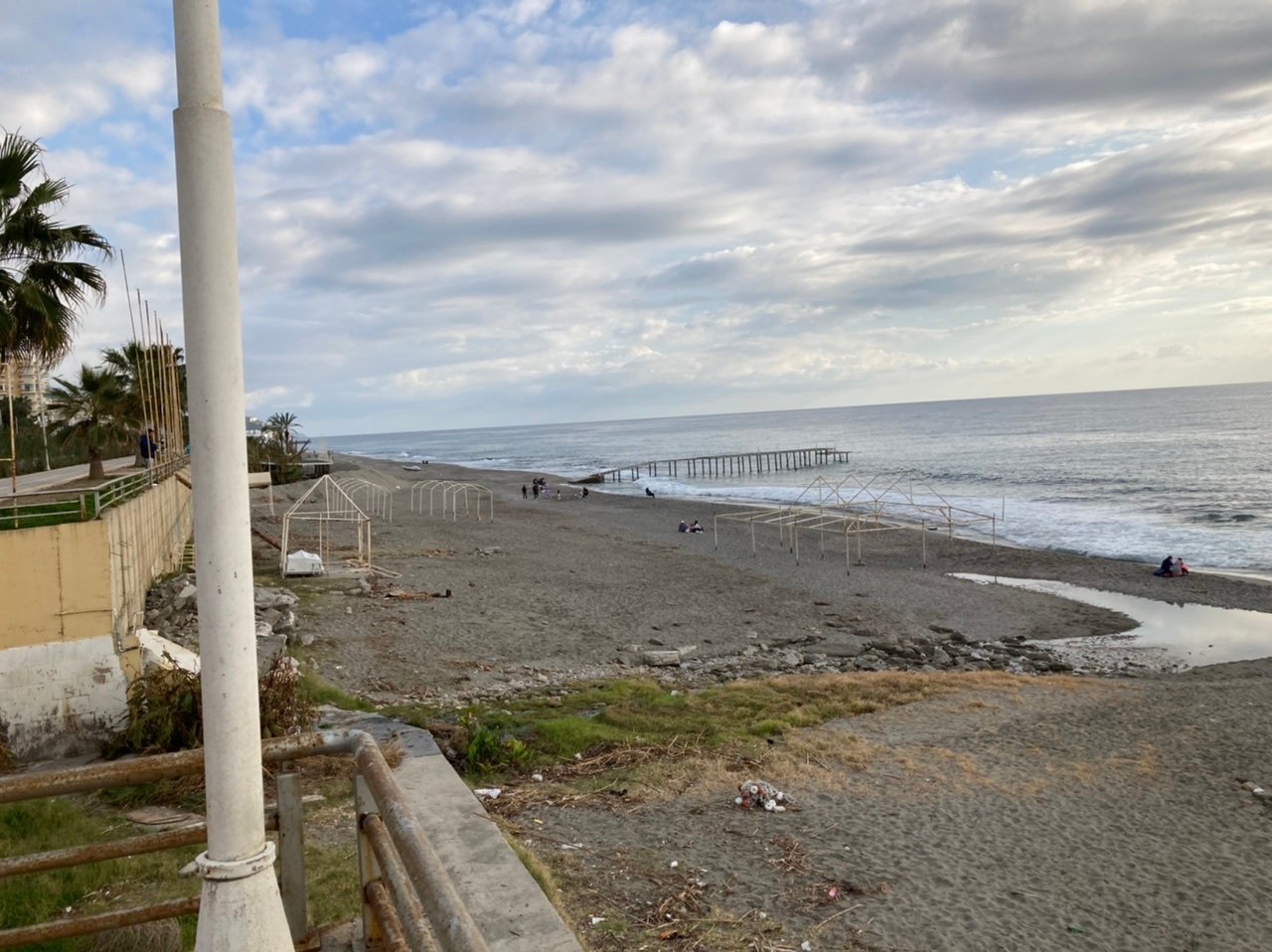
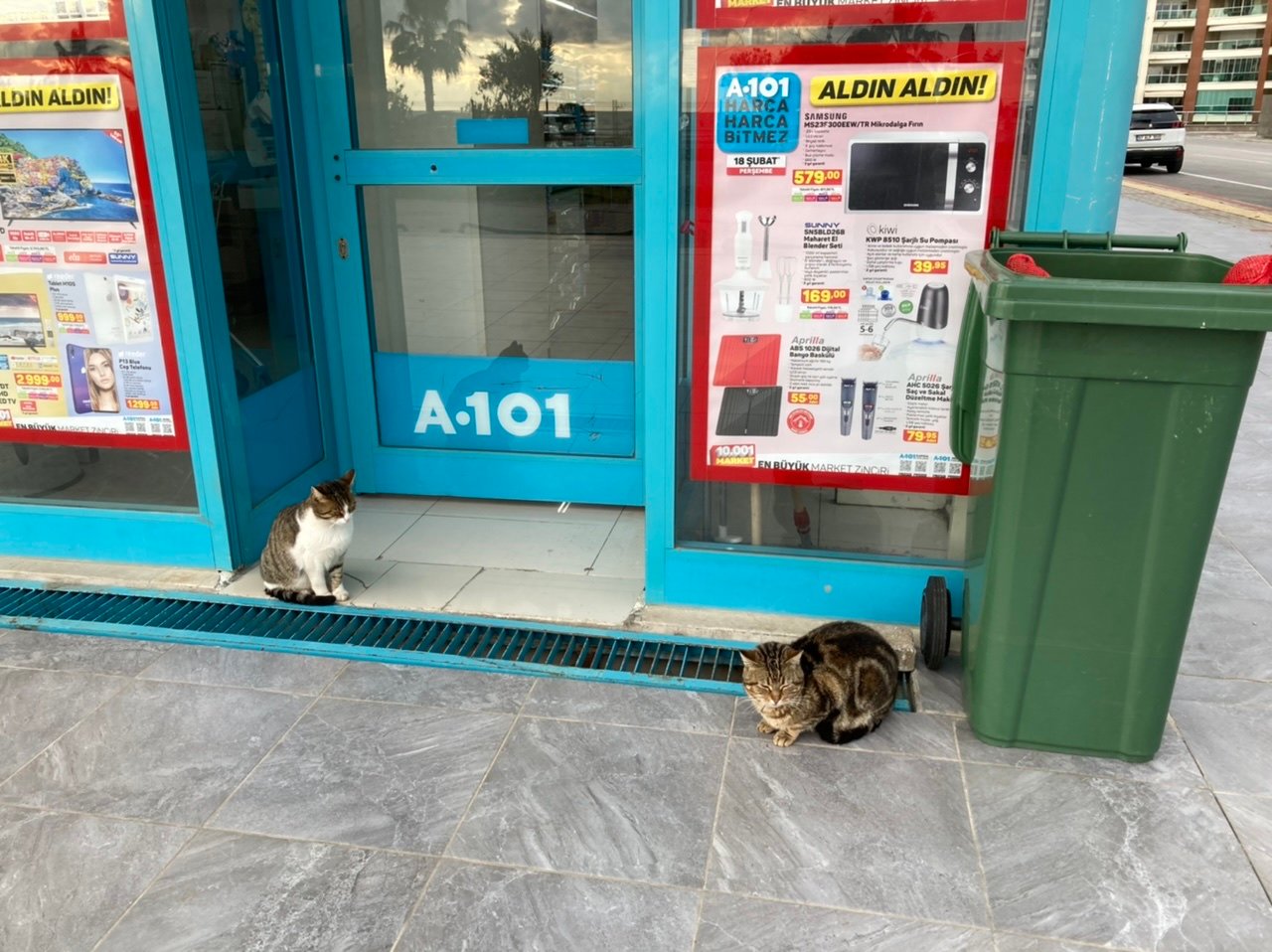
I have passed the first tests of living here: I am fed and watered with a comfortable bed to sleep in; I engage in necessary commerce and required job functions. My Turkish classes have been going well—I’m learning and enjoying the language. With Fırat’s help (although, can you really say “with someone’s help” if they just did all the work?) I have a bank account and thus am able to get paid. In the past week, the initial shock of living in a foreign country has mostly passed, and now it’s no longer such a big success that I have achieved bare minimums. I actually spent a day or two a bit miffed that now that I have established something of a comfort zone here, I already have to leave it.
I met with colleagues on Friday and got some better understanding of my courses. I’m starting to plan out lessons and experiment with Google Meet. Mostly, it was just so nice to have something to contribute to rather than helplessly need assistance with. I’m learning more about my colleagues as people, and I’m so glad to meet all of them! I met the other non-Turkish faculty member as well, a Canadian man who has taught speaking/listening classes for the last few years. He was very friendly and colloquial, and it was kind of remarkable how seeing his casualness, which I felt confident in interpreting, put me immediately at ease and made me feel like I understood the workplace environment so much better. It’s not that his behavior was more intelligible to me than that of my Turkish colleagues; it was that I trusted its intelligibility more. It’s got me thinking about what foreignness is, so if anyone has anything interested to read or listen to on the topic, please send it my way!
I also finally walked around the building—I hadn’t yet in part because of worry that it would be inappropriate/not allowed and in part because I was happy to stay in my little comfort zone between my office and the bathroom. Meeting the Canadian made me realize that the former reason, rather than being ‘culturally conscious,’ is kind of weird and unhelpful. When I asked, someone was like, what? Yes, of course you can walk around! The building is roughly triangular with only one side (where offices are located) currently occupied, but even seeing the empty halls and classrooms made me sincerely sad for the first time that we wouldn’t get to do school in person. The eight-point star and double-headed eagles are Seljuk symbols adopted by the city.
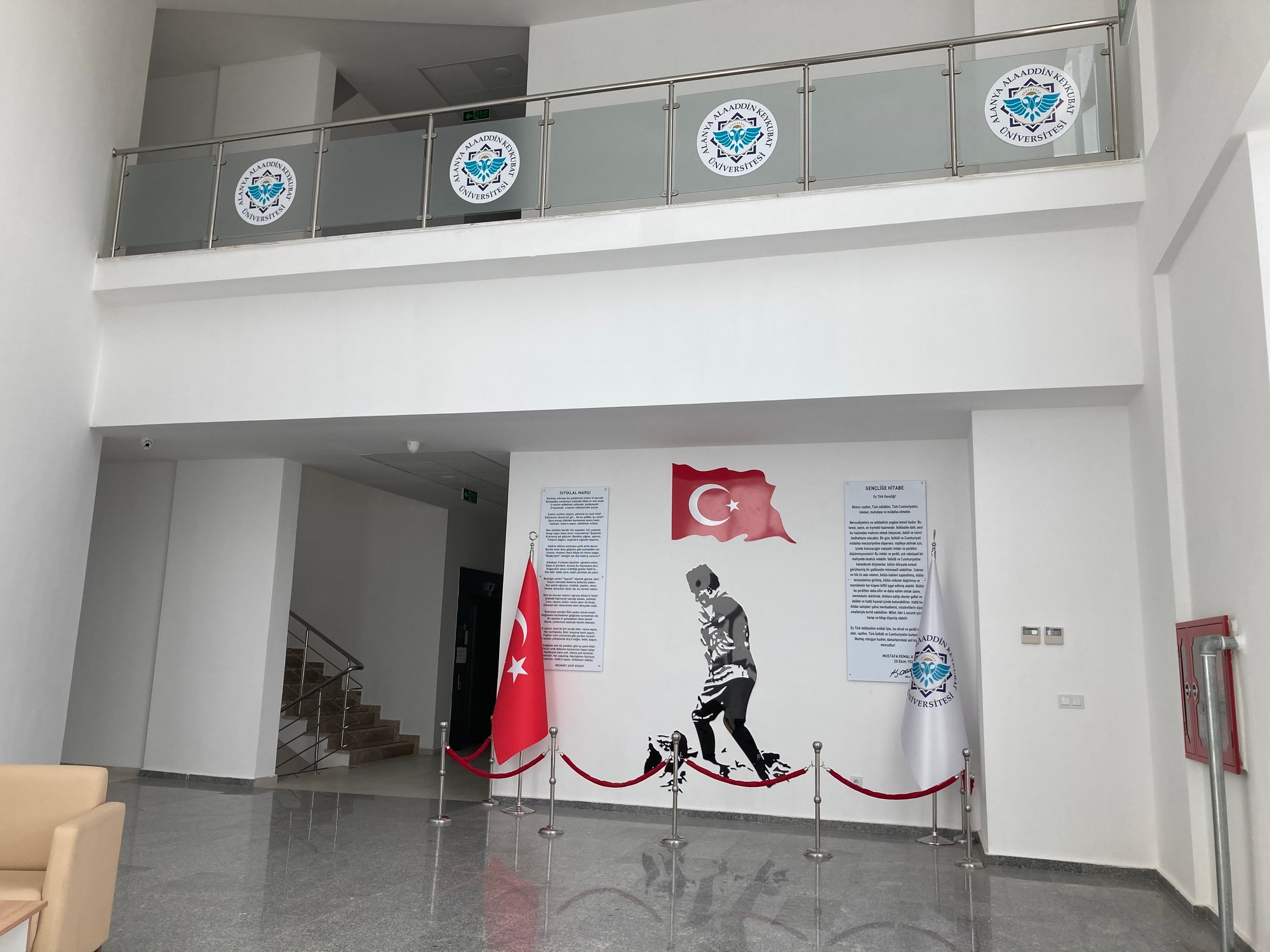
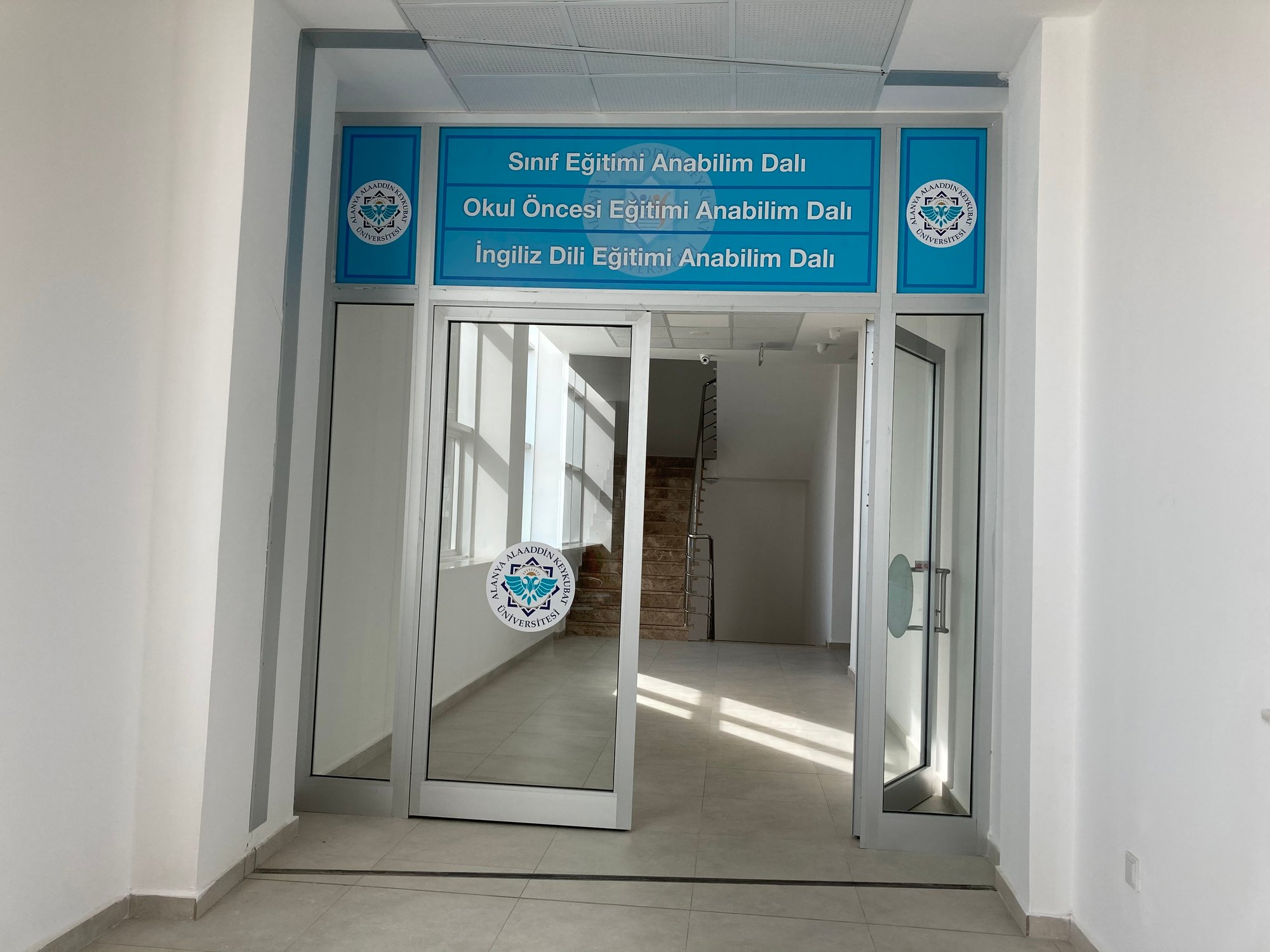
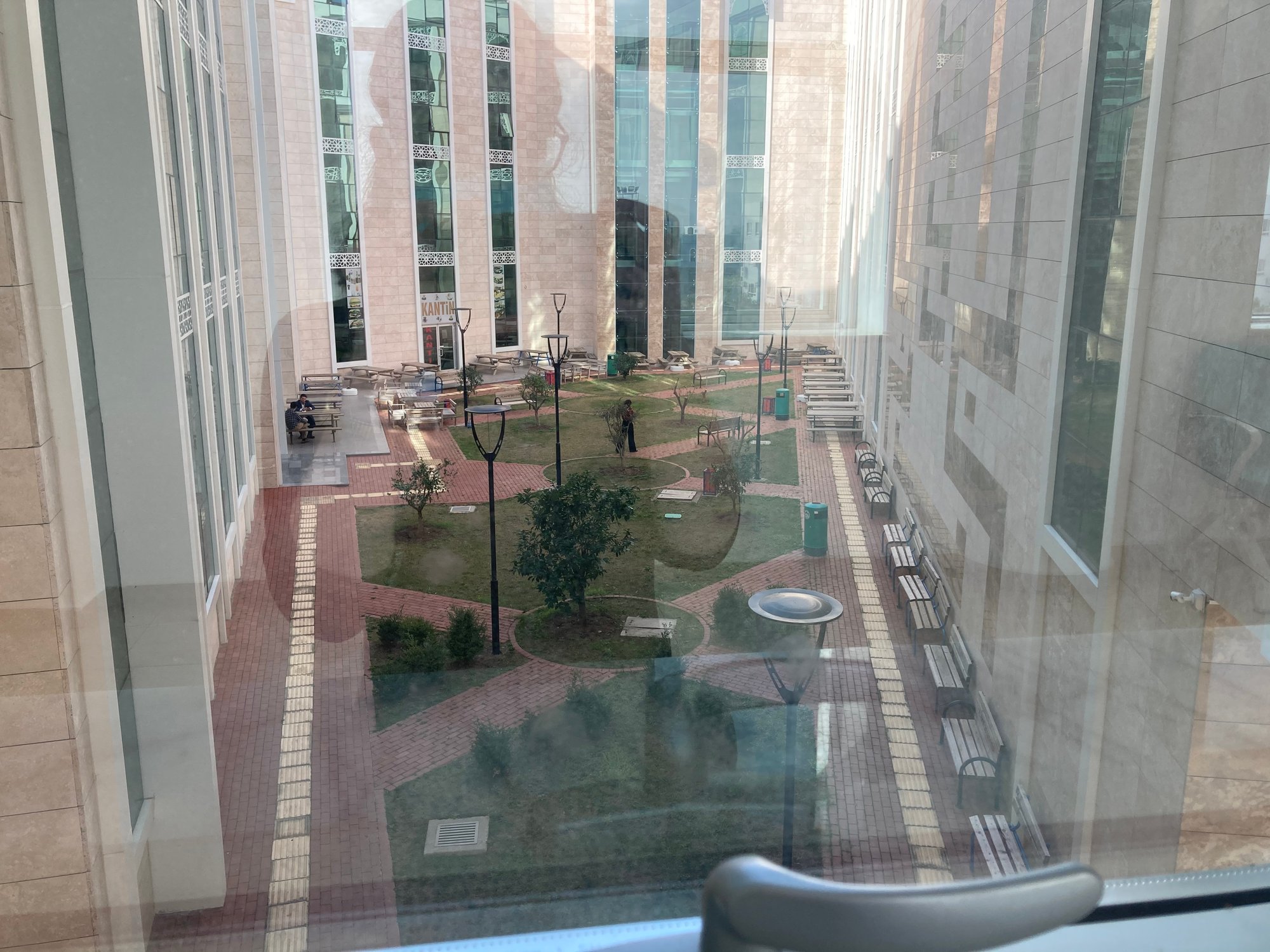
On Saturday, I stayed in all day. As a COVID control measure, Turkish citizens and residents are under curfew all weekend. Technically, this does not (yet) apply to me, but I still didn’t want to go out when it felt like I might have to face questions about what I was doing, as some other ETAs have. I slept in late and ate a big breakfast, took a nap, did some housework and classwork and work work, even played ukulele. I have a nice balcony from which I can watch people in the courtyard and the street. Most apartment buildings seem to have pools, but they’re empty until March, so kids play in the bottoms—older kids in the big pools, little ones in the hot tubs.
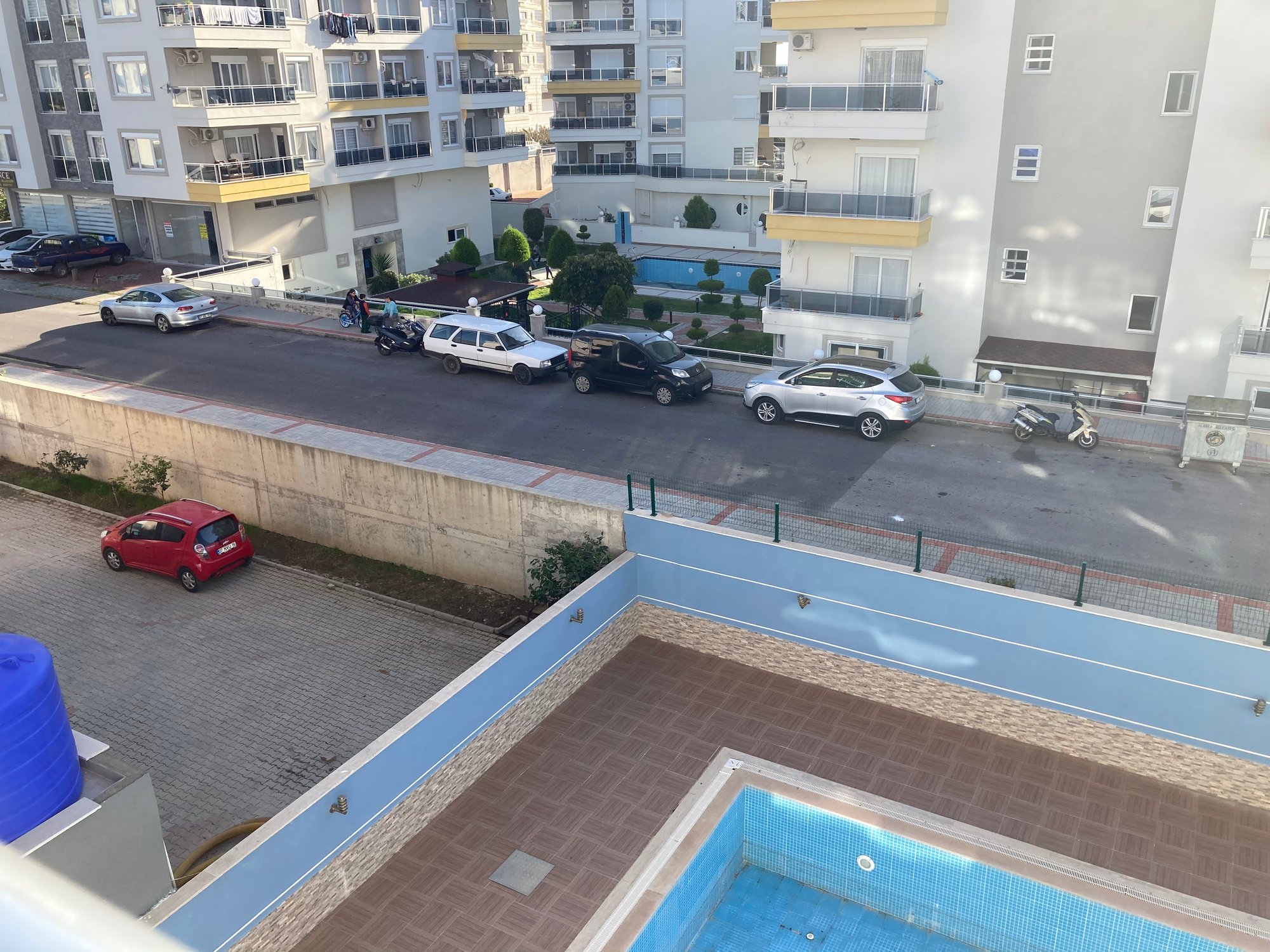
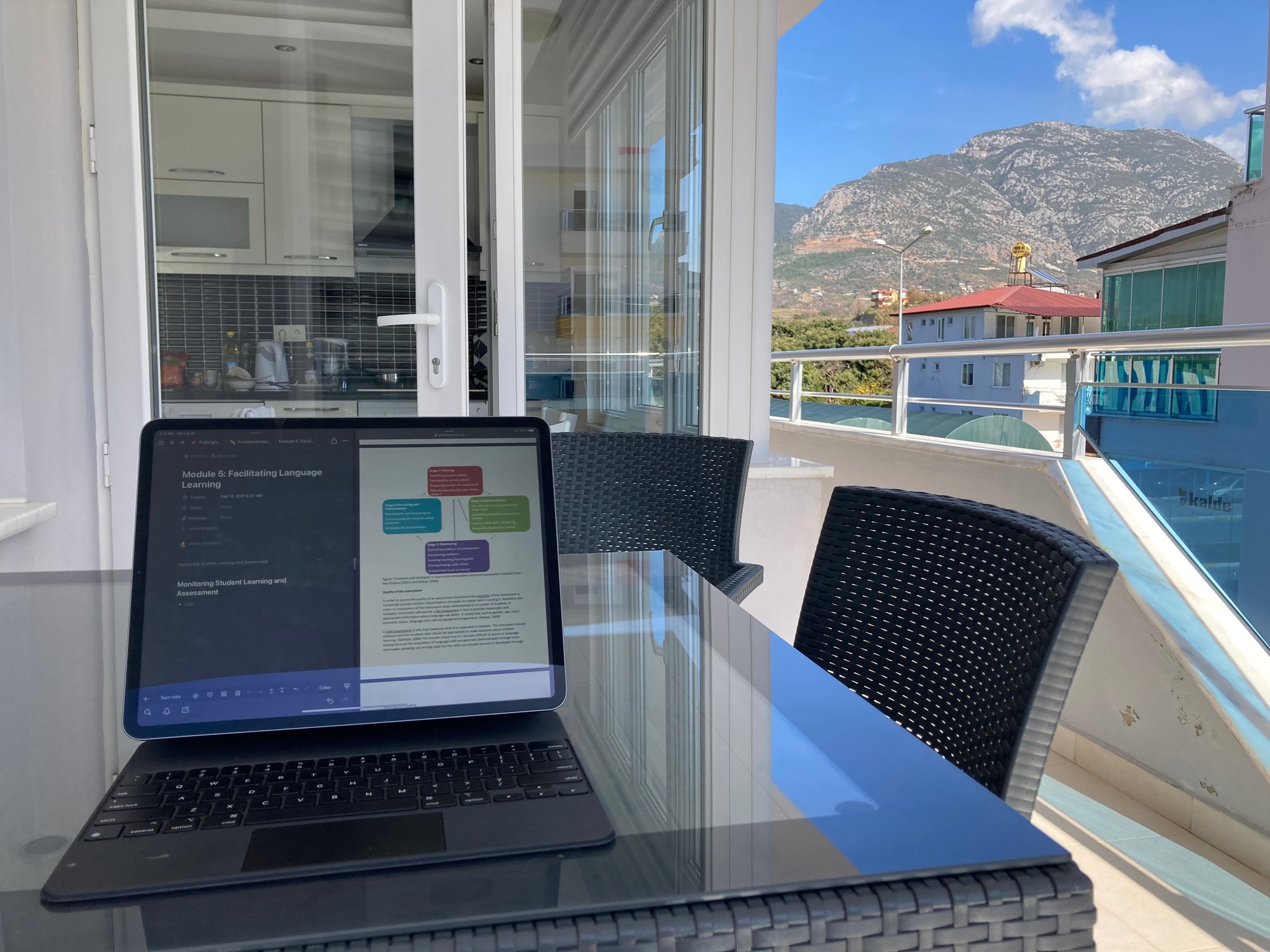
Sunday morning, I said to myself, “Okay. It’s time to start getting out there and really engaging with the world. It’s not enough to just be here and be meeting basic needs. Baby steps, go for a little jog around the neighborhood.” So I stepped out of my apartment and immediately locked myself out. I had accidentally taken my office key instead of the apartment key, and the door latched behind me. I find there’s a moment of complete zen when you realize you’ve made a mistake like that, like you come to terms with the irreversibility so fast that there’s no time to be upset—you move from the moment before to the moment of acceptance within a heartbeat. Because of the oddities of Turkish real estate, I had no idea who to call. I had no idea who the super was or how to contact anyone for any issue like this. At a loss, I tried the real estate agent (no response: it was 8 am on a Sunday) and asked a man walking through the lobby (who spoke some English, but only told me “closed, whole day” and I don’t even know what he was referring to). I ended up ringing a neighbor’s doorbell and explaining the situation in rehearsed Turkish to the woman who answered. It turns out that that apartment belongs to three generations of a Kazakh family who don’t know Turkish, but one of them spoke perfect English. Still in her bathrobe, she went down with me to try the apartment manager’s apartment again, ringing the bell until a teenage boy answered. He spoke no English, but we understood from him that his father had left. Through Google Translate, I asked if he could help, and he was like, “Oh! No.” And that was that.
I went back up to the Kazakhs’ apartment, was served some delicious porridge, and texted Fırat and İbrahim (the vice-principal of the school of foreign languages and another extremely kind and helpful person). I was at the Kazakhs’ apartment for close to two hours, drinking tea and answering questions about America and speaking my one sentence of Russian (“Это не кафе, это мой дом,” which in this situation was quite ironic!) until İbrahim responded with the brilliant advice to jimmy the lock with a credit card. Indeed, the door was not actually locked but merely latched, with no doorknob on the outside. I tried with my passport — cardboard not rigid enough — and my American credit card — so rigid that I feared it would snap — until after several minutes of desperate and imprecise trying, the door popped open with the plastic card that the neighbor’s SIM card had come in.
The latch in question and the neighbor’s door:
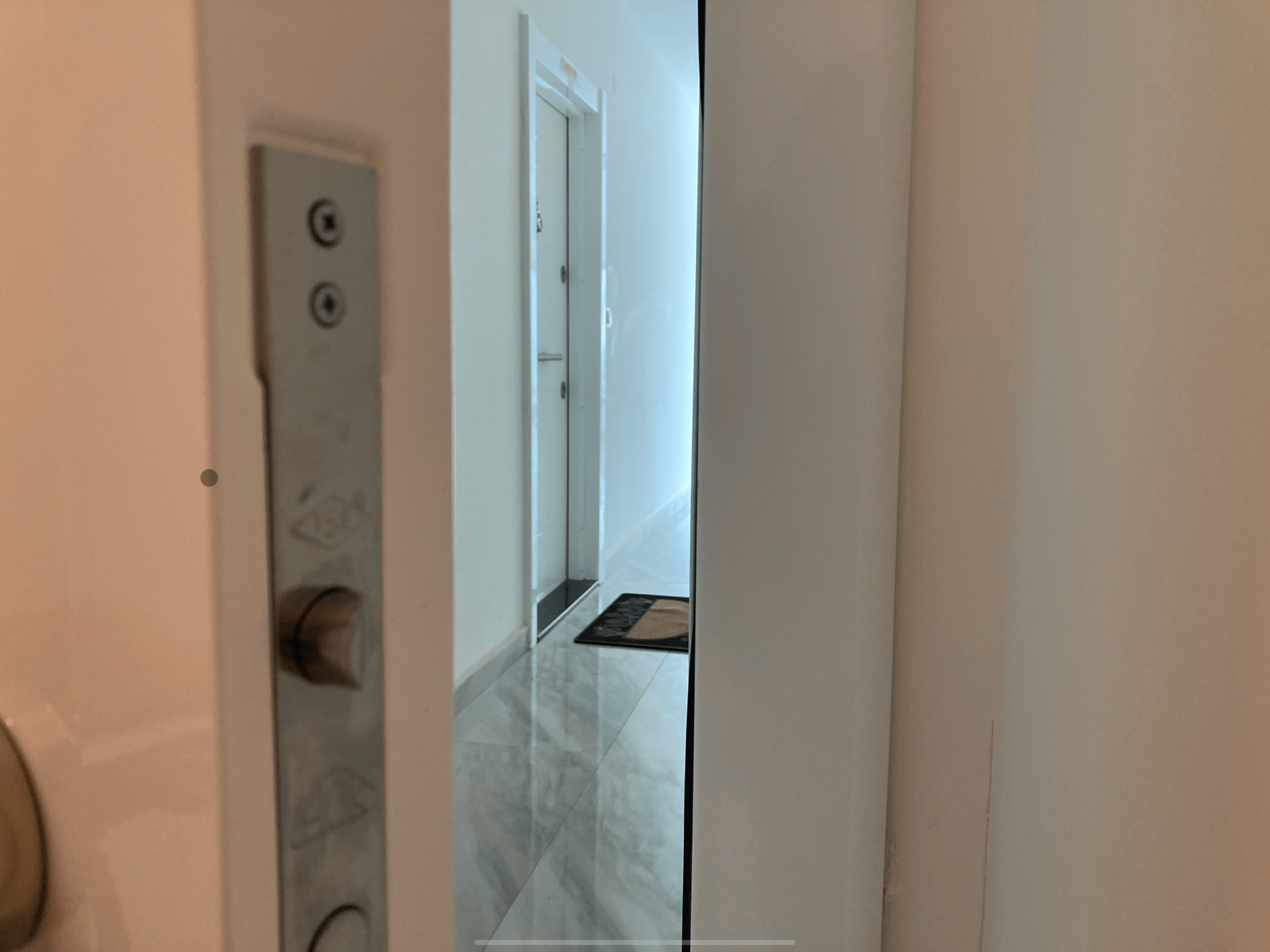
As much as the whole incident was stressful, I have to concede to cliche again and say that I’m glad it happened. It was one of those things, of which there are many here, that seems colossal in the moment and trivial an hour later. But I would never have otherwise met my neighbors (already we plan to have tea again this coming weekend) or contacted the real estate agent, who I’d been putting off calling about a few appliances in the apartment. It was a push to do the things I needed to be pushed to do. That evening, I went on a long walk along the sea to the next town over. For the first time here, I put my feet in the Mediterranean. Call it being a river child, call it a mikvah, call it baptism, call it the River Lethe: I can’t articulate it, but there’s something paradigm-shifting about being near water.
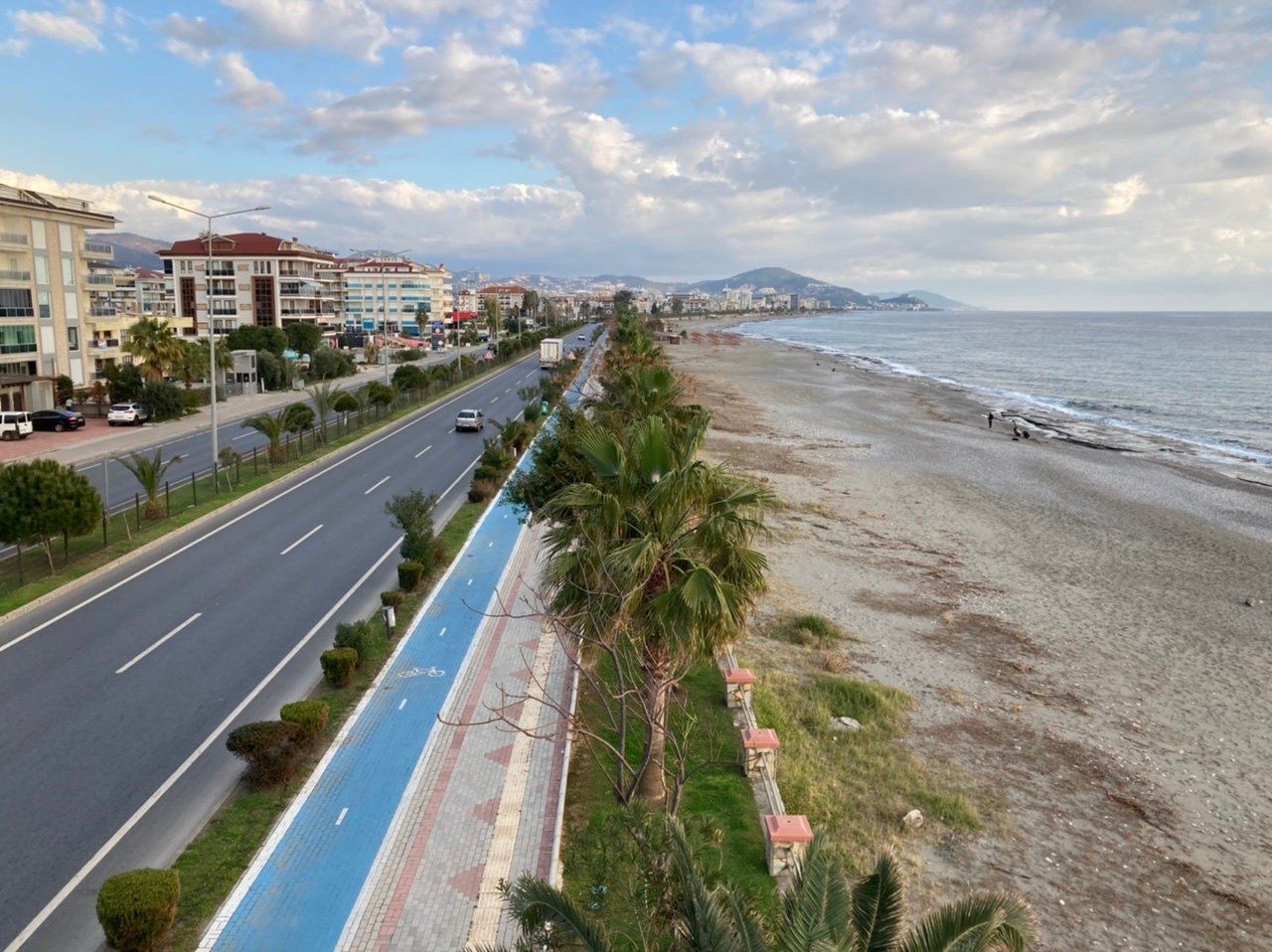
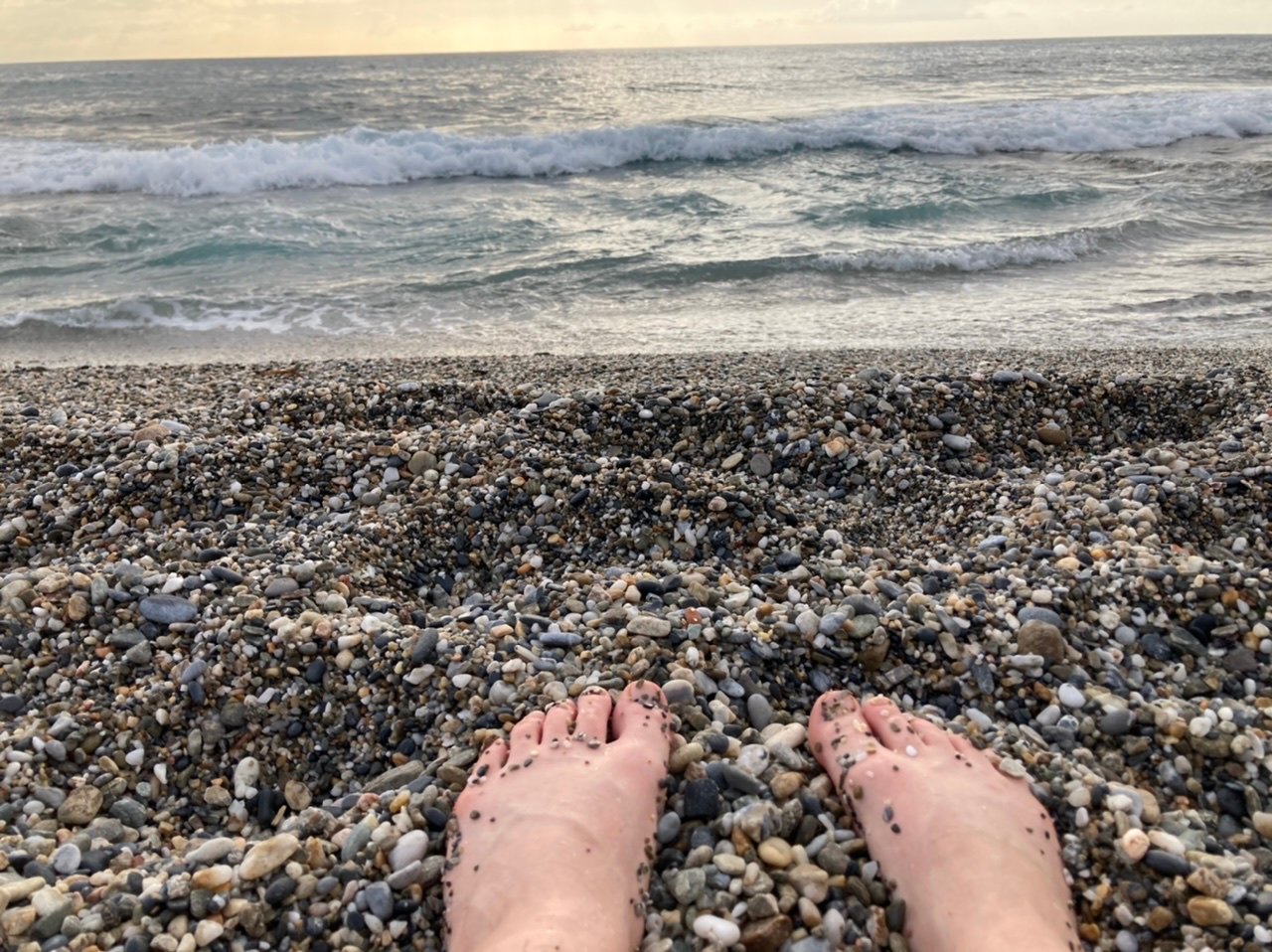
My classes start next Monday, and I’m excited for them to begin. I’m a bit lonely and missing the constant affection of living with my parents and the constant conversation of an active college campus. I’m returning again to a quote from the Ottoman history course that put me on the path here to begin with (emphasis my own):
“The emerging new scholarship is revealing an Ottoman state (society and economy) in the process of continuous transformation, rather than a decline or fall from idealized norms of the past ... In this new understanding, the Ottoman state underwent continuous modifications in its domestic policy, an ongoing evolution in which there is no idealized form, since change itself is understood as the norm. 1
Kendinize iyi bakınız,
Netta
-
Donald Quataert, “Ottoman History Writing and Changing Attitudes Towards the Notion of ‘Decline.‘“ ↩